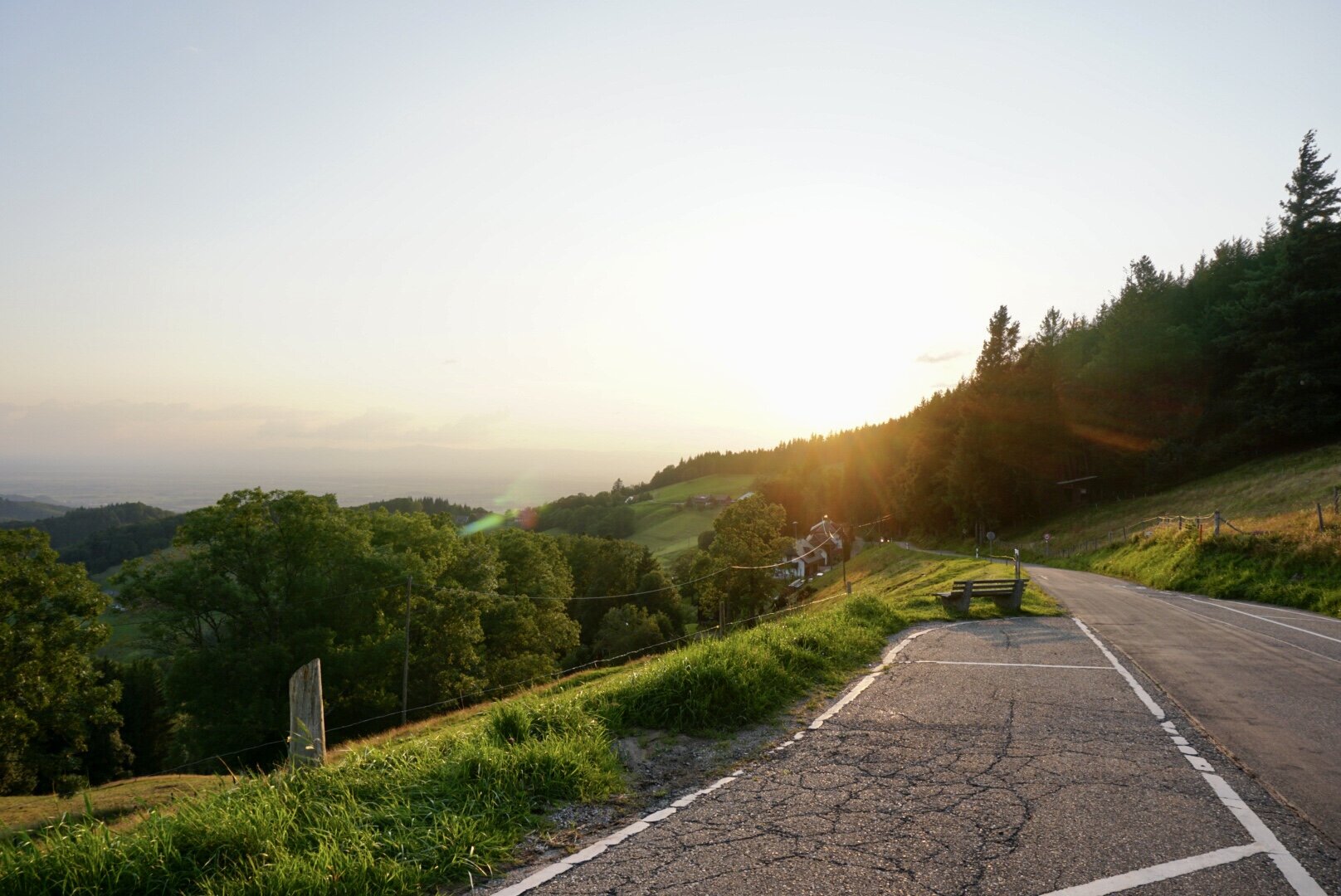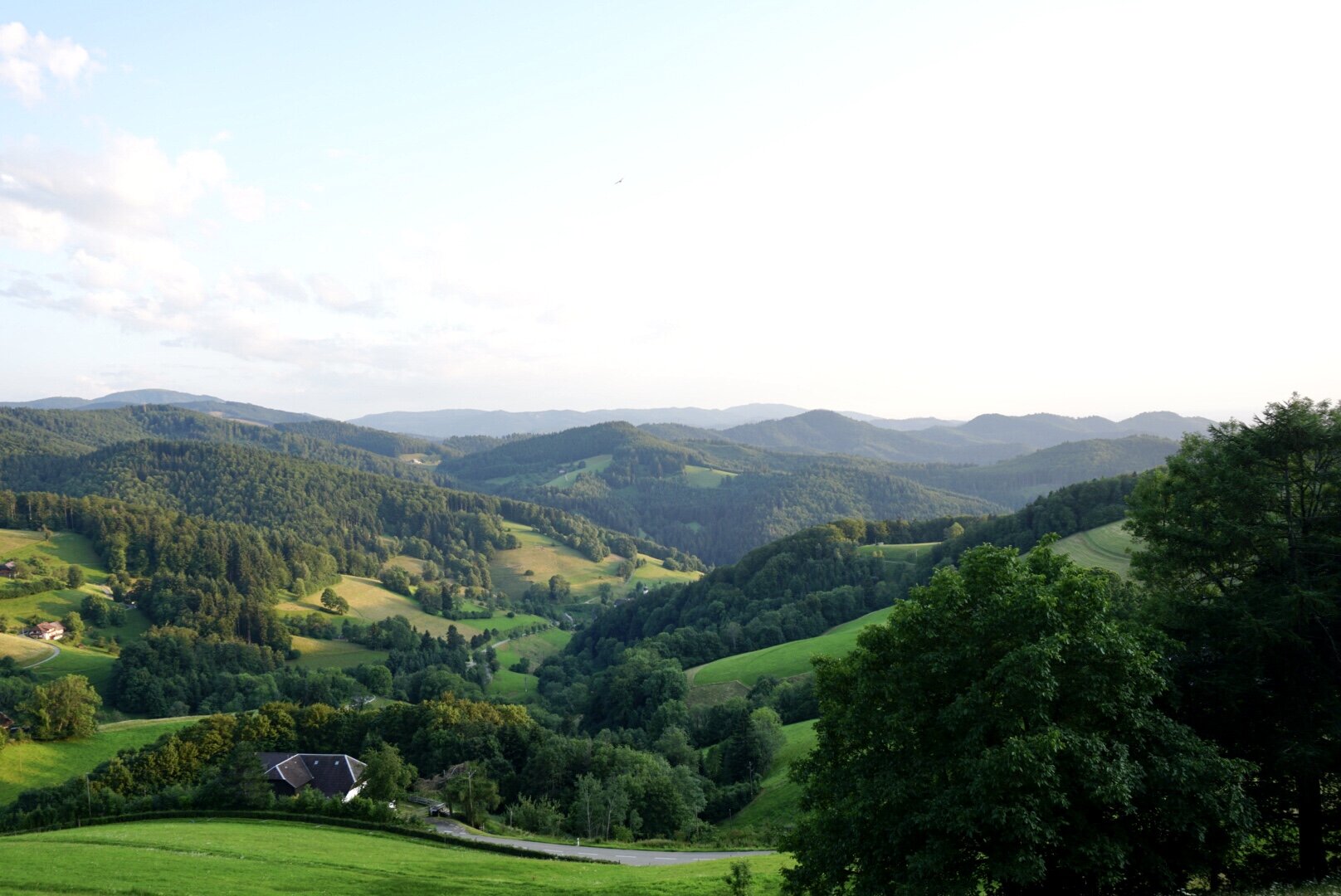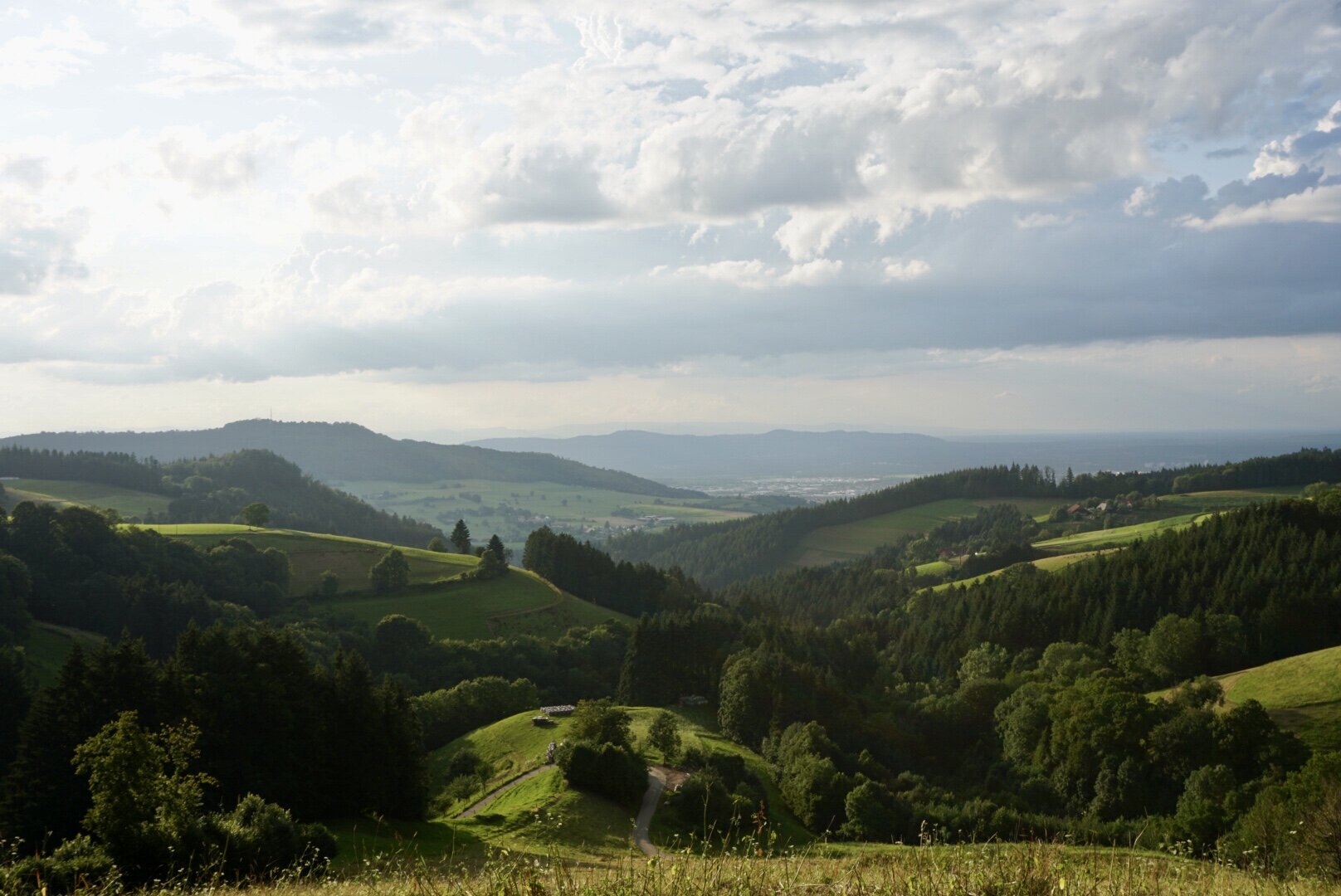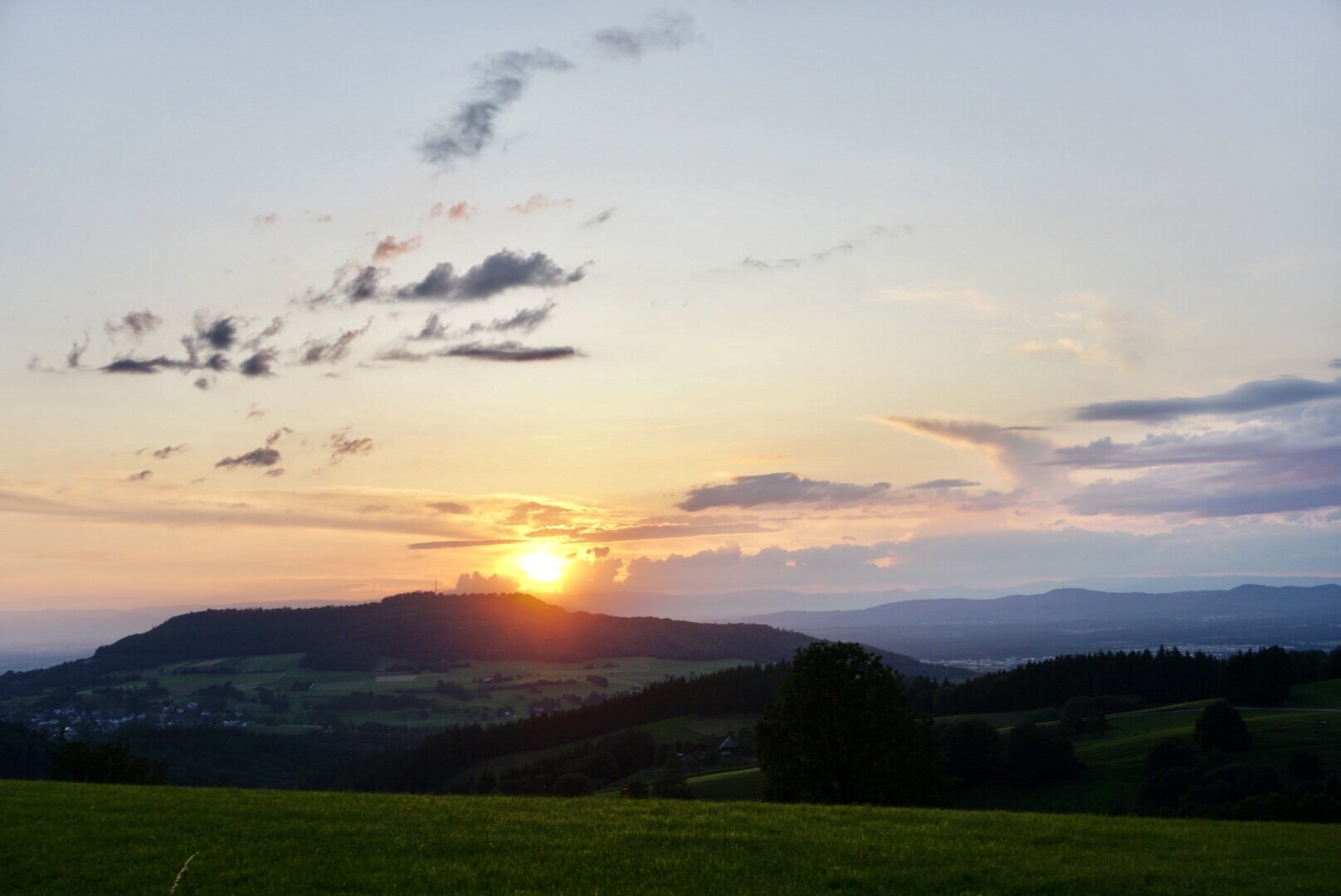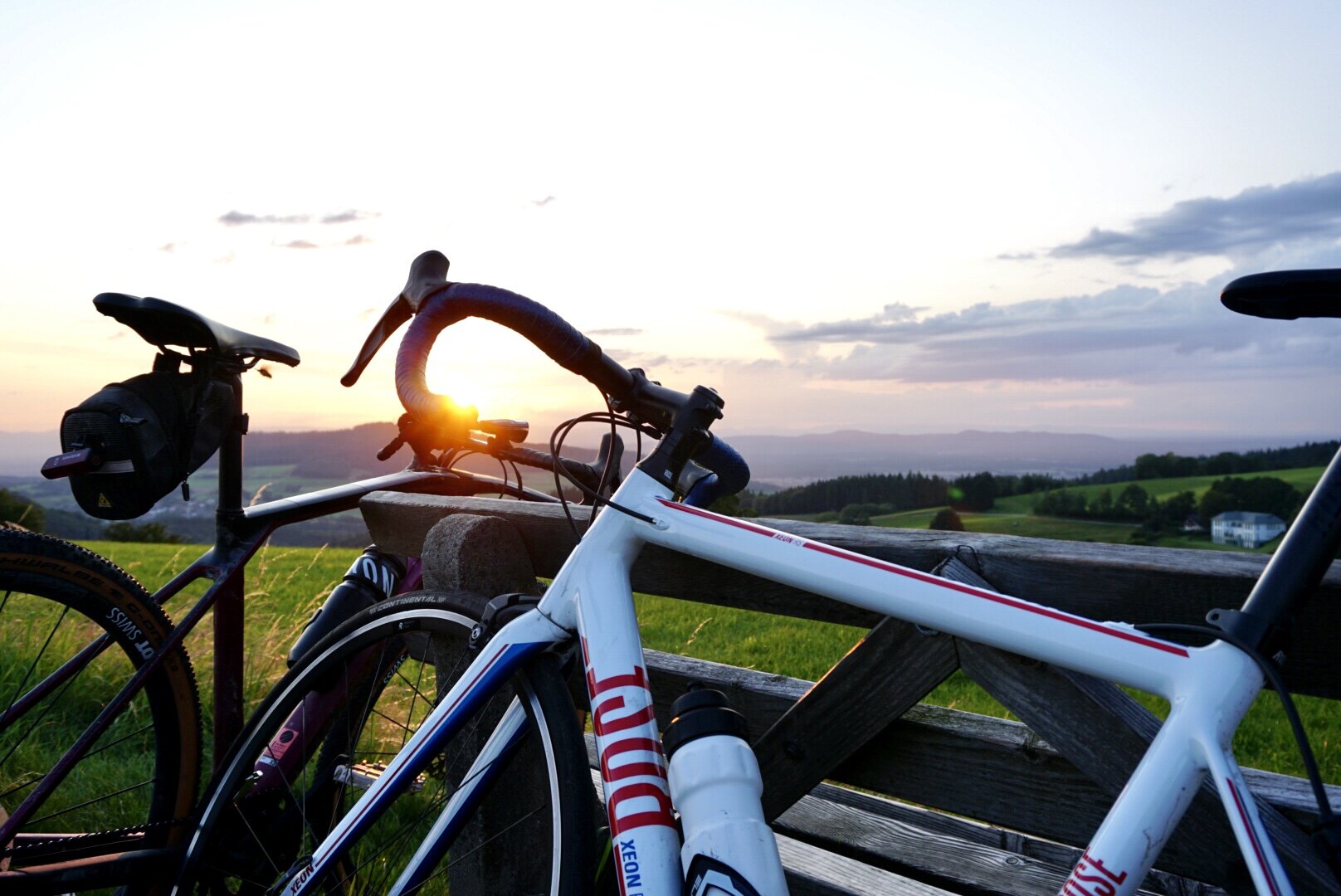First Week at the Emergency Department – A Memoire
Monday morning. 8 am. My ER phone rings for the first time. It’s loud around me, I can barely understand the soft female voice at the other end of the line. I manage to make out:
„ Hi, … from Neurology. I am calling about … patient is …dead … candidate for pancreatic transplant donation … pre-surgical CT-scan … what protocol should we order?
„Uhm… sorry, did you say you’d like a pancreas CT-study for transplant planning on a dead patient?“
(See, not that I’m an expert or anything after only 1,5 years, but isn’t a heart function necessary to, like, move the injected contrast agent through the body?)
„Oh no, just BRAINdead“.
I’m not in Kansas –a.k.a. the outpatient imaging center– anymore.
Two hours. Nothing happens. A couple of unremarkable X-ray studies. One finger over here, one knee over there… But I feel very tense. Must be the calm before the storm. I have no references. There’s no way for me to know what to expect. Everything seems just so… unpredictable.
How bad can it get? What could that imply for me? How often and likely is it that it will get to that level of severity on my very first day here? How critical is it that I see and understand everything right away?
As people start getting out of bed an into the world, a whole new day full of accidents starts to unravel. And then, all of a sudden, helicopter sounds start to become louder and louder.
First polytrauma patient.
Traumatic brain injury. I step into the trauma room. An unconscious, intubated person is presented by the emergency service. An internist, a surgeon, a neurologist, and a group of nurses all start to move around the victim puncturing, placing catheters, drawing blood, attaching monitors, checking vital parameters. So quick. So efficient. All done. Emergency CT-scan is next. Unenhanced brain, middle face and cervical spine study. After hundreds of CT Thorax/Abdomen stagings, this must be my 4th or 5th time ever looking at a brain. With my more experienced ED partner and senior attending by my side, I feel reassured. Though there’s no way to miss the large subarachnoidal bleeding and parenchymal concussions. Someone shouts out the results of the ABG. Someone else arrives with information about the designated neurosurgery OR. „Are there any cranial or facial fractures?“ Our senior makes a quick assessment. Someone else shouts something else and soon after everyone has disappeared, taking the patient with them.
And so, in a flash, it’s all over. What did just happen? And how did everyone manage to remain that calm?
I’m in awe. It’s amazing what training, experience, motivation and well synchronized, well guided team work can do. I guess I will get used to this just the way everyone else does. But for now, I can’t help but feel deeply moved and impressed. There’s something undeniably beautiful about the whole process.
And just like that, I just know: this is going to be great.
The week passes by quickly. Many polytrauma patients, intensive care unit emergencies… a suicide attempt, an overdose, a small child struck by a car, bike accidents, many brain injuries and even a blunt ocular trauma with bulbar rupture. Seeing my old colleagues from the eye clinic show up with the portable slit lamp in hand and diagnose a corneal rupture with iris prolapse on the spot filled me with pride and reinforced respect. Just a couple of hours later, the eye has been saved at their OR.
„Wow. This week has been very intense. It is usually less hectic,“ says my partner as we meet on Friday morning. I’ve been assigned the TGIF task of bringing something sweet to snack on, so I place the muffins carefully on our table. „Not bad for a first week“.
At this point, I still feel a bit anxious and tense in the back of my mind. But the amount I have learned in just one week, all the support from our amazing supervisor and the excitement of what is to come cancels everything else out.
I admire my older colleagues for the way they master during their night shifts at the ER. After one week of routine day shifts the gap between me and them becomes more apparent to me. But according to our Dienstplan, I’m only three months of training away from becoming one of them myself.
Scary and exciting at the same time, I can't wait to achieve that level of diagnostic confidence, competency and skills, and to become really useful and reliable in the process of helping and saving lives in the acute setting.
Bring it on.

